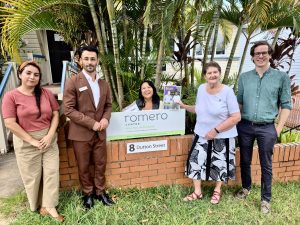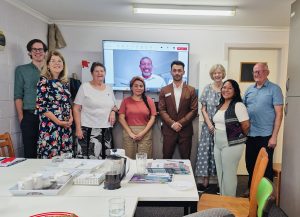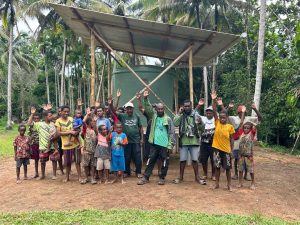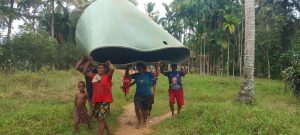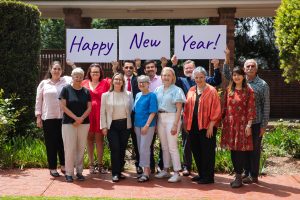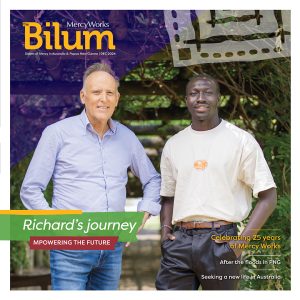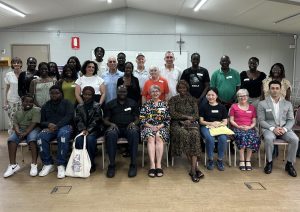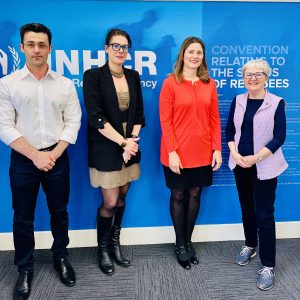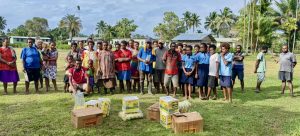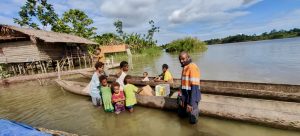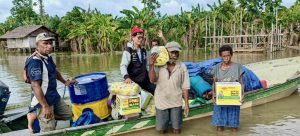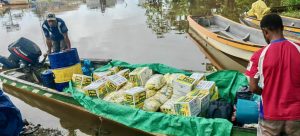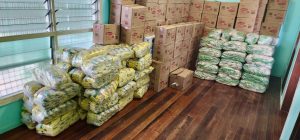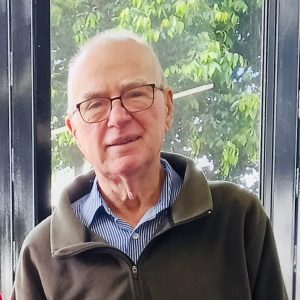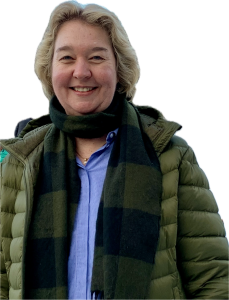Dear Prime Minister Albanese, Mr Dutton, Mr Littleproud and Mr Bandt,
Ahead of the coming federal election we are writing to you as organisations that support refugees and people seeking asylum in Australia.
As campaigning gets underway, we urge you to approach issues around people who have fled conflict and persecution with dignity and respect, protecting Australia’s proud multicultural society.
As the leaders of Australia’s major political parties, you hold immense power and influence insetting the political agenda and the topics and tone of the national conversation. Your choices have a real and significant impact on the people we support.
We acknowledge that immigration is an important and high profile subject that will be much discussed during the course of a federal election campaign.
Ensuring that this debate remains facts-based, compassionate, and informed by lived experience is vital to the wellbeing of refugees and people seeking asylum, many of whom continue to process the trauma that comes with fleeing conflict and persecution as they seek to rebuild their lives in Australia.
This begins with the fundamental truth that everyone has the right to seek asylum, regardless of how they arrive in Australia. Seeking asylum is a human right according to the Universal Declaration of Human Rights1 and the 1951 Refugee Convention. Australia is not only a signatory to both agreements but also helped to draft the Refugee Convention and played a significant role in bringing it into force.
At a time when trust in politicians, the media, and other institutions is waning, it is clearer than ever that the public value accuracy and truth. It is crucial that our politicians strive to maintain high standards and correct the record when they have shared incorrect information, whether intentionally or by mistake. To quote one person seeking asylum who has been supported by one of our organisations, “The media can cause confusion and unconscious bias among the audience. They should teach their audience that refugees are people who are also able to contribute massively”. It is also useful to note that bodies such as the Australian Press Council have previously stated that terms such as “illegal immigrants” or “illegals” may constitute a breach of their Standards of Practice.
Political debate – both during and outside election campaigns – has often seen people seeking asylum become the target of unacceptable rhetoric, often describing refugees and people seeking asylum in a degrading and hostile manner.
This is a poor reflection on how Australia is perceived internationally and undermines our proud record as a truly multicultural nation and as a leader in refugee resettlement and protection principles.
In a changing Australia, messages that demonise refugees and people seeking asylum will no longer wash. Recent polling by Redbridge found that a majority of Australians expect the federal government to take a fair and humane approach to refugees and people seeking asylum.
Refugees and people seeking asylum are human beings. They are people who often have been made vulnerable, having experienced immense trauma, but are also resilient and make important contributions to Australia as members of our communities, from workforce participation to volunteering and civic engagement.
As the federal election campaign gets underway, we call on you to show the moral leadership required to lead the country, in doing so treating refugees and people seeking asylum with compassion, dignity, and respect.
Yours sincerely,
Frances Rush OAM – CEO, Asylum Seekers Centre
Paul Power – CEO, Refugee Council of Australia
Alopi Latukefu – Director, Edmund Rice Centre for Justice and Community Education
Dr Angela Argent – CEO, St Francis Social Services
Mayor Cr Jim Memeti – Chair, Mayoral and Councillor Taskforce Supporting People Seeking Asylum
Karen Dare – CEO, Community Queensland
Josephine Rechichi – Acting Country Director, Jesuit Refugee Service (JRS) Australia
Dr Yirga Gelaw Woldeyes – Director, Centre for Human Rights Education
Gai Walker – Managing Director, SCALES Community Legal Centre
Suha Ali – Chief Executive Officer, Centre for Asylum Seekers, Refugees and Detainees
Zaki Haidari – Strategic Campaigner for Refugee Rights, Amnesty International Australia
Dr Caroline Fleay – CEO, Social Change Institute
Aleem Ali – CEO, Welcoming Australia
Ian Rintoul – Coordinator, Refugee Action Coalition Sydney
Sr. Sally Bradley RSM – Executive Director, Mercy Works
Alison Battisson – Director Principal, Human Rights for All
Fr. Petr Smith – Promoter of Peace and Justice, Justice and Peace Office of the Sydney Archdiocese
Dr Julie Macken – Catholics for Refugees
Brigid Arthur AO – Coordinator, Brigidine Asylum Seekers Project
Dr David Glanz – Refugee Action Collective Victoria
Emeritus Professor John Minns – Convenor, Refugee Action Campaign, Canberra
The Rev’d. Dr. D. Paul Dalzell – President, Rural Australians for Refugees
Geraldine Moore – President, Bayside Refugee Advocacy and Support Association
Elizabeth Stone – General Secretary, National Council of Churches in Australia
Kathie Herbert – Chairperson, Blue Mountains Refugee Support Group
Shabnam Safar – Chair, National Refugee-led Advisory and Advocacy Group
Violet Roumeliotis – CEO, Settlement Services International (SSI)
Marilyn Leeks – President, Northern Rivers for Refugees
Janet Joss and Dr Margaret Browne – Co-chairs, Grandmothers for Refugees
Dulce Munoz – National Convener, Mums4Refugees
Toby oConnor – CEO, St Vincent de Paul Society
Moira Boyle – Volunteer Co-ordinator, Dignity Project
Marie Hapke – Convenor, Refugee Advocacy Network
Joy Connor and Lisa Wriley – Co-Leaders of the Wellspring Community of AustraliaJamila Padhee – National Coordinator, FASSTT (Forum of Australian Services for Survivors of Torture and Trauma)
Christine Castley – CEO, Multicultural Australia
Mirsia Bunjaku, CEO, Australian Migrant Resource Centre (AMRC)

 SHOP
SHOP
